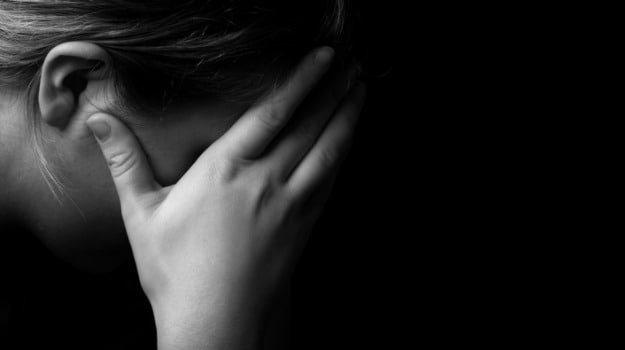For the study, researchers from the University of Michigan's medical school and depression centre analysed 612 women, over two-thirds of whom had experienced either major depression or bipolar disorder. Seen as groups, women with depression or bipolar disorder did equally badly on the test, which required sustained concentration.
The test asked them to react rapidly when certain letters flashed briefly on a screen amid a random sequence of other letters. Compared with the group with no mental health conditions, the groups with either diagnosis lagged noticeably on this standard test of cognitive control.
(Exercising Three Times a Week Significantly Cuts Depression Risk)
On the brain scans, the researchers found that the women with depression or bipolar disorder had different levels of activity than healthy women in a particular area of the brain called the right posterior parietal cortex. The level of brain activity in those suffering from depression was higher than the level of brain activity in healthy individuals. For those with bipolar disorder, the brain activity was even lower. The area where the differences were seen helps control "executive function" - activities such as working memory, problem solving and reasoning.
(Low Serotonin May Trigger Spells of Depression)
"The results could transform the way doctors and patients think about, diagnose and treat depression," said Kelly Ryan, neuropsychologist and lead author of the study. So if you feel like you can't concentrate or focus on a particular task, are distracted and unable to follow orders, then maybe it's a by-product of depression or bipolar disorder.
With inputs from IANS







